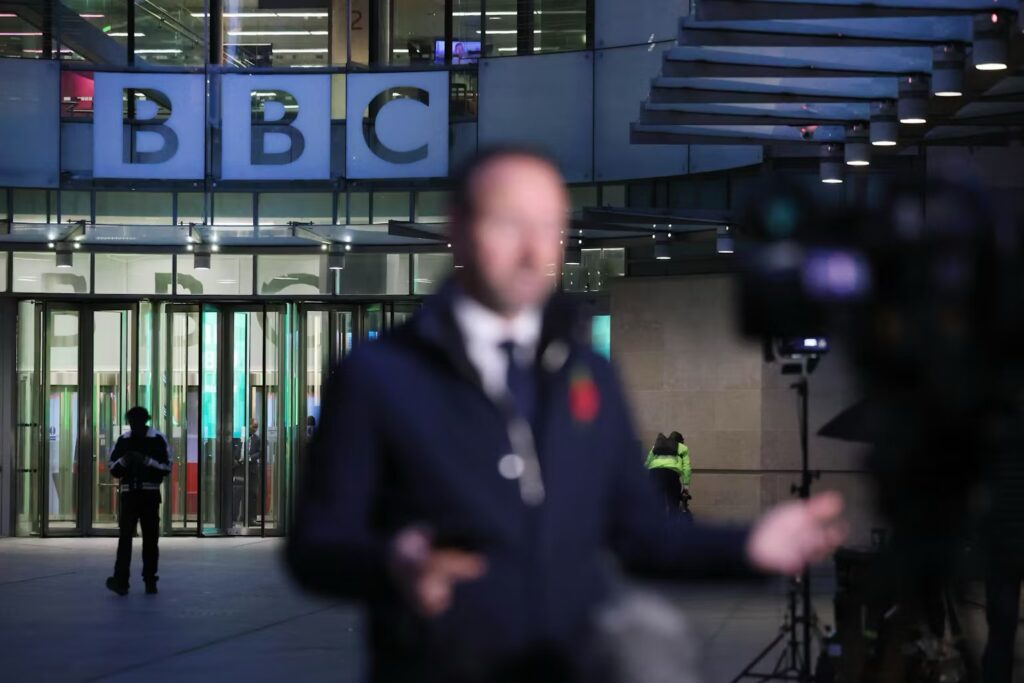Navigating Sticking Points in Gaza Peace Talks
Negotiators from Israel and Hamas are set to engage in indirect talks in Sharm El-Sheikh, Egypt, aimed at resolving the ongoing Israel-Gaza conflict. This marks the closest both sides have come to a potential agreement since the war began two years ago, with discussions revolving around a controversial 20-point peace plan proposed by Donald Trump.
This framework, although agreed upon by Israel and partially accepted by Hamas, remains vague, particularly on key issues that could define the success or failure of these negotiations.
Hostage Release Structure
A critical juncture in talks involves the fate of Israeli hostages. Trump's plan stipulates that all remaining hostages should be released within 72 hours of an agreement. Currently, it is estimated that 48 Israeli hostages remain in Gaza, with only 20 believed to be alive. Trump recently remarked that their release could happen very soon, while Israeli Prime Minister Netanyahu suggested it could occur before the Jewish holiday Sukkot on October 13.
Hamas has indicated its conditional agreement to the hostage release but remains cautious, considering the hostages as vital leverage in the proceedings. Notably, trust issues complicate this aspect, following a failed Israeli airstrike aimed at Hamas's negotiating team.
Hamas Disarmament
Israel's objective is clear: the complete dismantlement of Hamas. Netanyahu has repeatedly asserted that military operations will continue until the group is neutralized. Trump's peace plan mandates Hamas's disarmament, to which the group has consistently refused unless a Palestinian state is recognized.
This point remains contentious, particularly after statements from Netanyahu indicate a firm stance towards disarming the group, which is also met with skepticism from Hamas about relinquishing their weapons.
Future Governance of Gaza
The peace plan also proposes that Hamas will have no role in governing Gaza, which would transition to a temporary body of Palestinian technocrats under the supervision of a "Board of Peace" involving figures like Trump and former UK Prime Minister Tony Blair. This plan for governance transfers eventual control to the Palestinian Authority (PA), a concept that Netanyahu has publicly opposed, fearing pushback from hardliners in his coalition.
Hamas, meanwhile, has suggested it anticipates a continued role within a coherent Palestinian movement, a notion likely unacceptable to Israeli and American officials.
Israeli Military Withdrawal
Determining the specifics of Israel's military withdrawal from Gaza remains a significant sticking point. Trump's framework proposes a phased withdrawal contingent on mutual agreements about security and timelines. Yet, vagueness remains regarding when full withdrawal will take place, which is particularly troubling for Hamas, who seeks clarity on these terms.
Recent maps presented do not align with military assessments, leading to further complications in negotiations.
As discussions unfold in Egypt, the path to peace remains fraught with challenges, and both sides will need to navigate these disputes carefully if they aim to break the cycle of conflict.




















